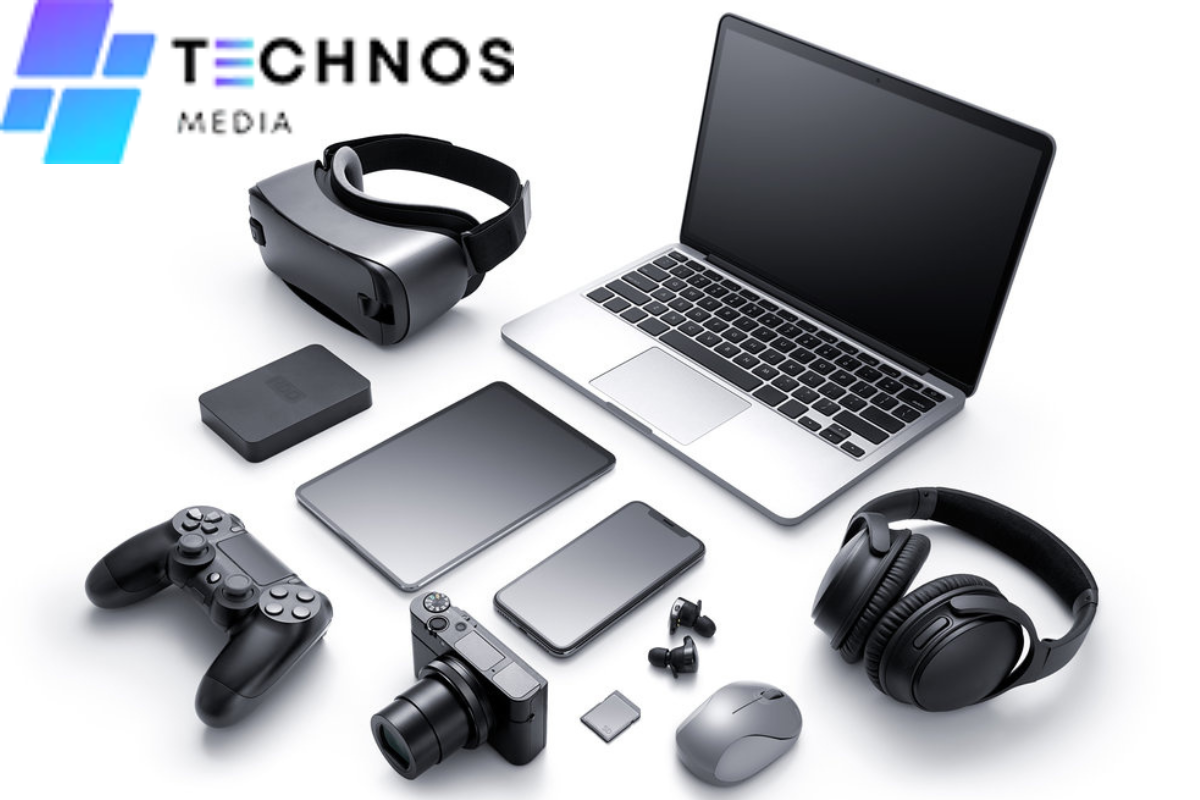Are Dedicated Translator Devices Worth It?

Strong 8k brings an ultra-HD IPTV experience to your living room and your pocket.
Introduction
With globalization at its peak, communication across different languages is more essential than ever. Many travelers, business professionals, and language learners rely on translation tools to bridge linguistic gaps. But are translator devices better than phones for real-time translation? This article explores the advantages and disadvantages of both, helping you determine which is the best choice for your needs.
How Do Translator Devices and Phones Work?
Translator Devices
Translator devices are specialized gadgets designed exclusively for real-time language translation. These devices come with built-in microphones, high-quality speakers, and AI-powered translation software. Most support offline translations, making them a reliable choice for travelers visiting remote areas.
Phones with Translation Apps
Smartphones, on the other hand, offer translation capabilities through apps like Google Translate, Microsoft Translator, and iTranslate. These apps utilize AI-based algorithms to process text, voice, and even image translations. Since phones are multifunctional, they provide an all-in-one solution for users.
Key Differences Between Translator Devices and Phones
1. Accuracy and Reliability
Translator devices often provide higher translation accuracy, especially for complex sentence structures.
Phones rely on internet-based translation engines, which can sometimes misinterpret context.
2. Speed and Performance
- Dedicated translator devices work instantly, without lag, as they focus solely on language processing.
- Smartphones may experience delays due to background processes and internet dependency.
3. Offline Capability
- Most translator devices support offline translations without compromising quality.
- Many phone translation apps require an internet connection for optimal accuracy.
4. Ease of Use
- Translator devices have a simple, user-friendly interface, making them accessible to all age groups.
- Phones require navigating through apps, which may be challenging for non-tech-savvy users.
5. Battery Life
- Translator devices typically offer longer battery life compared to smartphones.
- Phones drain faster due to multitasking and background applications.
6. Portability and Convenience
- Translator devices are lightweight and compact, designed specifically for travel.
- Phones are larger and bulkier, and frequent use of translation apps may drain the battery quickly.
Are Translator Devices More Secure Than Phones?
Many translator devices operate offline, ensuring that conversations remain private. Smartphone apps, however, often rely on cloud-based services, raising concerns about data privacy and security. Businesses dealing with confidential information may prefer dedicated translator devices over phones.
When Should You Use a Translator Device?
Ideal Scenarios for Translator Devices:
- Frequent travelers who visit countries with limited internet access.
- Business professionals requiring secure, real-time translations.
- Medical or legal professionals dealing with sensitive information.
- Elderly users who prefer a straightforward device over complex apps.
When Should You Use a Smartphone for Translation?
Ideal Scenarios for Phones:
- Casual travelers who need basic translation assistance.
- Students and language learners who prefer text-based translations.
- Users on a budget, as translation apps are mostly free.
- People needing visual translation through camera-based features.
Translator Devices vs. PhonesExpert Opinions on Translator Devices vs. Phones
According to TechRadar, standalone translator devices outperform smartphones in real-time conversation accuracy and offline usability. Similarly, CNET highlights the importance of security and reliability, favoring dedicated devices for business and travel.
Conclusion: Which One Should You Choose?
The answer to "are translator devices better than phones?" depends on your needs. If you seek accuracy, offline capabilities, and privacy, a dedicated translator device is the best option. However, if you need occasional translation and prefer an all-in-one solution, a smartphone with a translation app may suffice.
Ultimately, the right choice depends on your lifestyle, usage, and security concerns. Whether you opt for a translator device or a phone, ensuring seamless communication is the key to overcoming language barriers effectively.
Note: IndiBlogHub features both user-submitted and editorial content. We do not verify third-party contributions. Read our Disclaimer and Privacy Policyfor details.


